
Professor Julian Naglik
Professor in Fungal Pathogenesis & Immunology
Research interests
- Immunology
Biography
Dr Julian Naglik graduated with a BSc from the University of East London in 1992 and obtained his PhD from King’s College London in 2001, studying the expression of the secreted aspartyl proteinases in the human fungal pathogen Candida albicans. He was appointed Lecturer in 2006, Reader in 2013 and Professor in 2016. Previously, he also undertook roles as a visiting research scientist at the Robert Koch Institute (Berlin, Germany) as well as the University of California San Francisco (USA).
Julian is currently Professor of Fungal Pathogenesis and Immunology in the Centre for Host-Microbiome Interactions, Faculty of Dental, Oral and Craniofacial Sciences at King’s College London. He has made several major scientific, conceptual, and technical advancements including developing in vivo transcript profiling from clinical samples, identifying the epithelial signalling pathways that discriminate between commensal and pathogenic forms of C. albicans, and the recent discovery of candidalysin. Candidalysin is the first cytolytic peptide toxin identified in any human fungal pathogen and is the essential factor that drives damage and epithelial signalling during C. albicans mucosal infections.
His discovery of candidalysin has been recognised as a seminal advance in microbiology and has transformed the field of Candida pathogenesis. Candidalysin is patented in the USA and Europe. His research has been supported by the Wellcome Trust, Medical Research Council (MRC), Biotechnology & Biological Sciences Research Council (BBSRC), and National Institutes of Health (NIH). He has been an associate or academic editor for several journals and has received research awards from King's College London, the German Mycological Society, Heinz Maurer-Prize, and the German Society for Hygiene and Microbiology. In 2015, he became an Honorary Member of the British Society of Medical Mycology.
Research
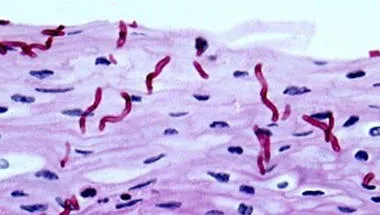
Naglik Lab
The Naglik Lab employs molecular, cellular, immunological, biophysical and structural biology to investigate host-fungal interactions.
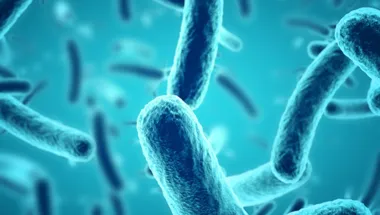
Centre for Host-Microbiome Interactions
Millions of microorganisms live in and on our bodies forming microbiomes on different surfaces. Researchers in the Centre for Host Microbiome Interactions study our relationship with these bacteria and fungi in health or in oral and systemic diseases such as periodontitis, candidiasis, oral cancer and Alzheimer’s disease.

The Multiscale Biofilm Research Hub (MBRH)
The Multiscale Biofilm Research Hub (MBRH) has been established to promote interdisciplinary interactions and focus microbial biofilm related research at King’s.

Biofilms at mucosal surfaces
The study of dental caries, periodontitis, vaginal dysbiosis, chronic inflammatory diseases & infections within the oral cavity, intestinal tract & lungs
Project status: Ongoing
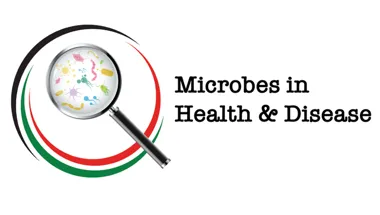
Microbes in Health & Disease
The Microbes in Health & Diseases Research Interest Group aims to foster collaboration across departments and faculties at KCL to explore the multifaceted role microbes play in health and disease.
News
Faculty Secures Major Grants to Advance World‑Leading Research
The Faculty of Dentistry, Oral & Craniofacial Science is delighted to announce the success of several recent grant applications, securing vital funding that...

Julian Naglik among 65 Fellows elected to the American Academy of Microbiology
The American Academy of Microbiology (Academy) has elected Professor Julian Naglik and 64 peers to the Class of 2024.

A platelet-mediated, beneficial allergic response protects against yeast asthma
New evidence shows that some allergic reactions provide necessary protection against highly invasive and potentially lethal infectious agents, such as yeast.
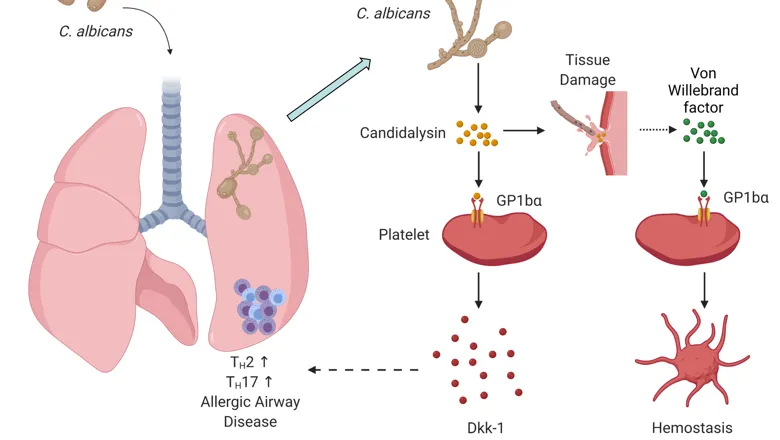
Complex mechanism of protection against Candida albicans fungus identified
King’s scientists identify complex mechanism required for initiating protection against a common fungus.
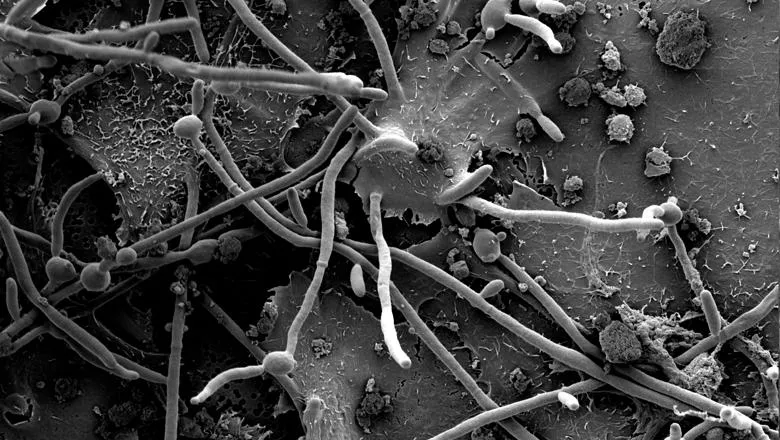
£2 million award to boost research into fungal infections
Professor Julian Naglik has been awarded a Wellcome Trust Senior Investigator Award for his work to understand how fungi cause disease.

King's Study Provides Clues to Body's Defense against Common Oral Infection
An international team, co-led by researchers at King’s College London and the University of Pittsburgh, has identified the mechanism by which the immune...
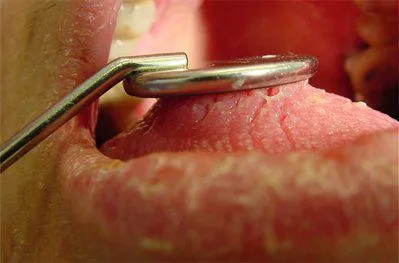
Research

Naglik Lab
The Naglik Lab employs molecular, cellular, immunological, biophysical and structural biology to investigate host-fungal interactions.

Centre for Host-Microbiome Interactions
Millions of microorganisms live in and on our bodies forming microbiomes on different surfaces. Researchers in the Centre for Host Microbiome Interactions study our relationship with these bacteria and fungi in health or in oral and systemic diseases such as periodontitis, candidiasis, oral cancer and Alzheimer’s disease.

The Multiscale Biofilm Research Hub (MBRH)
The Multiscale Biofilm Research Hub (MBRH) has been established to promote interdisciplinary interactions and focus microbial biofilm related research at King’s.

Biofilms at mucosal surfaces
The study of dental caries, periodontitis, vaginal dysbiosis, chronic inflammatory diseases & infections within the oral cavity, intestinal tract & lungs
Project status: Ongoing

Microbes in Health & Disease
The Microbes in Health & Diseases Research Interest Group aims to foster collaboration across departments and faculties at KCL to explore the multifaceted role microbes play in health and disease.
News
Faculty Secures Major Grants to Advance World‑Leading Research
The Faculty of Dentistry, Oral & Craniofacial Science is delighted to announce the success of several recent grant applications, securing vital funding that...

Julian Naglik among 65 Fellows elected to the American Academy of Microbiology
The American Academy of Microbiology (Academy) has elected Professor Julian Naglik and 64 peers to the Class of 2024.

A platelet-mediated, beneficial allergic response protects against yeast asthma
New evidence shows that some allergic reactions provide necessary protection against highly invasive and potentially lethal infectious agents, such as yeast.

Complex mechanism of protection against Candida albicans fungus identified
King’s scientists identify complex mechanism required for initiating protection against a common fungus.

£2 million award to boost research into fungal infections
Professor Julian Naglik has been awarded a Wellcome Trust Senior Investigator Award for his work to understand how fungi cause disease.

King's Study Provides Clues to Body's Defense against Common Oral Infection
An international team, co-led by researchers at King’s College London and the University of Pittsburgh, has identified the mechanism by which the immune...

